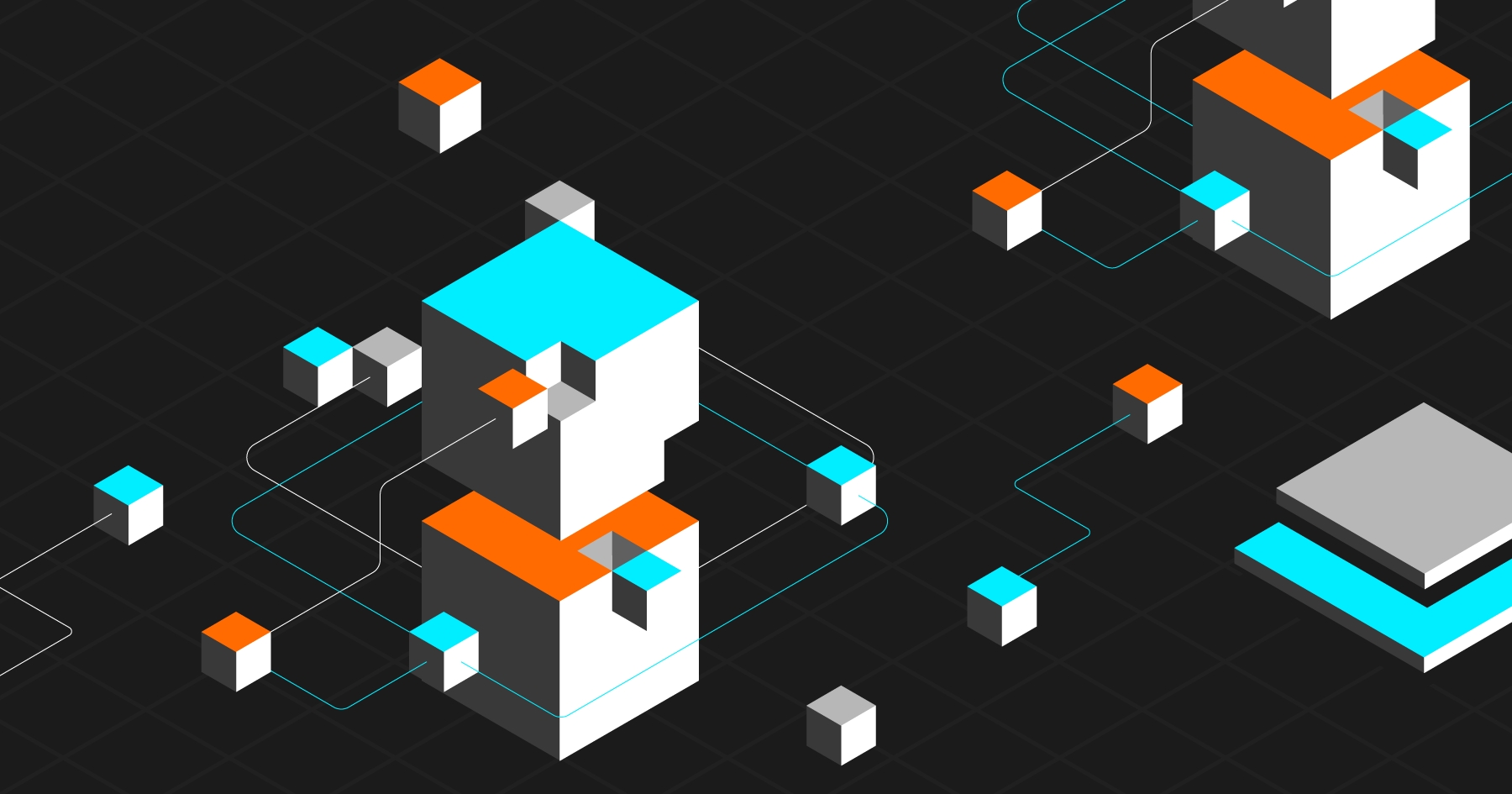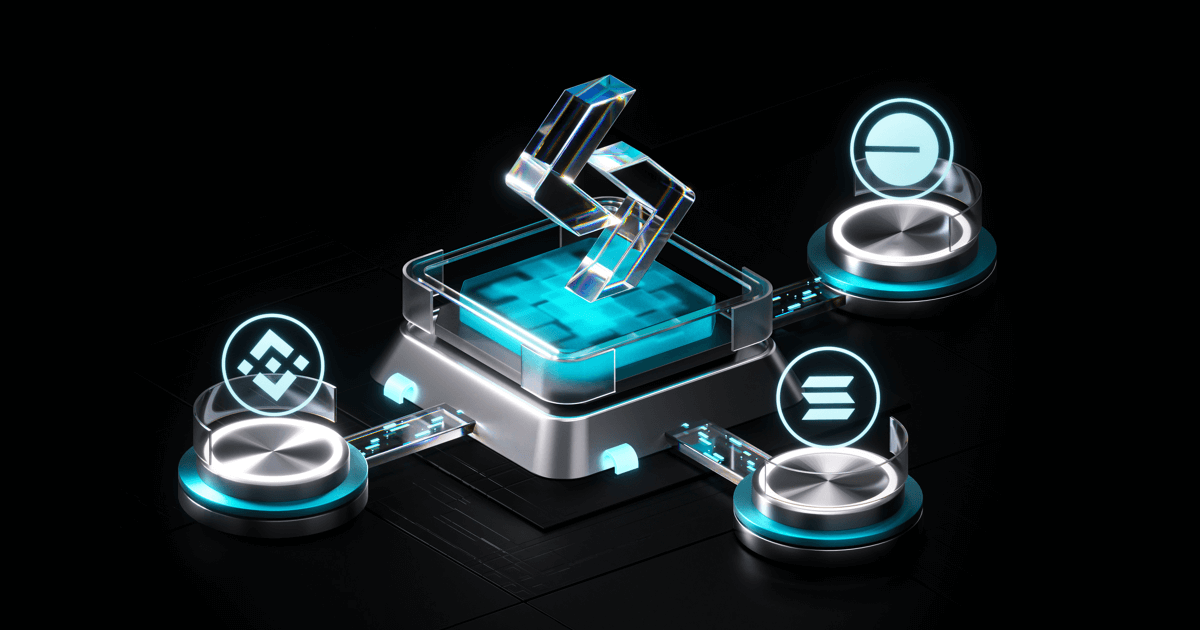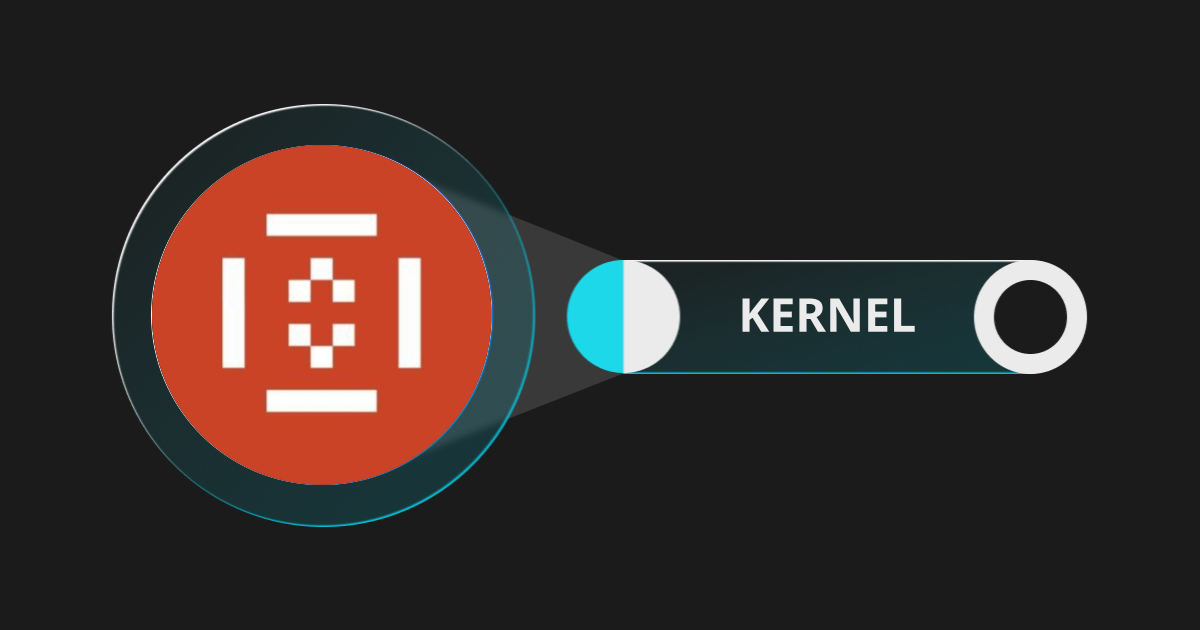
DeSci: What if science switched to blockchain to gain efficiency?
Decentralized science to move forward faster. That's the principle behind DeSci, which relies on blockchain to set up collaborative work.
What is DeSci (Decentralized Science)?
It is called DeSci, Decentralized Science. This movement, still emerging, is of interest to a growing number of scientists. Thanks to the blockchain, the "smart contracts" system and the tokens (digital tokens), new collaborative work methods are emerging. In short, the Web3 could greatly facilitate scientific research.
According to Sarah Hamburg, a specialist in cognitive neuroscience, DeSci is at the crossroads of two major trends. On the one hand, there is a desire on the part of the scientific community to change the way research is funded and knowledge is shared. On the other hand, there is a fundamental movement to shift ownership and value away from industry intermediaries. A movement that relies in particular on cryptography and blockchain.
Facilitate funding, shared and secure data storage, etc.
This British scientist co-founded a start-up, Phas3.io, which has developed a unique solution called Lynx. It uses the blockchain to allow wearable owners (connected clothing or accessories) to retain full ownership and control of their biometric data (including brain data). In the renowned journal Nature, she published a call for scientists to join DeSci in December 2021.
According to Sarah Hamburg, this is the best way to democratize science. And to ensure that research is no longer done in silos. Nor is it blocked by bottlenecks in one way or another (lack of means, human resources, etc.). By using the blockchain, we can set up:
- An efficient peer-to-peer data exchange and storage;
- The validation processes for scientific articles facilitated by the use of tokens;
- New methods of financing research facilitated by cryptocurrencies.
Blockchain tools used by DeSci
In an article published on the website of the American investment fund a16z (initiated by Andreessen Horowitz), Sarah Hamburg details the tools available. Here is a selection:
Smart Contracts or self-executing contracts
The neuroscientist points to the fact that her peers spend a lot of time analyzing and validating their peers' publications. And, in the end, it is the scientific publications that reap all the benefits. To bypass the academic publishing industry, a DAO (decentralized autonomous organization) called Ants Review has been created. Its operation is based on smart contracts (or "self-executing contracts"). These are autonomous programs, based on the Ethereum blockchain, which execute automatically when predefined conditions are met. These could soon mediate directly between authors and peer reviewers, who would be rewarded with tokens for their work.
DeSci communities incentivized
Digital tokens and non-fungible tokens (NFTs) could be used to encourage scientific communities to share, review and organize different types of information. This would include secure exchange formats ("smart manus" that link data and open source protocols). This could facilitate pre-publications (manus published before peer review). These are essential to accelerate scientific research, as seen during the COVID pandemic.
Permaweb to fight censorship
To avoid political interference in scientific research, the solution could be the permaweb. It is an "immutable and decentralized web that puts power back in the hands of the masses". In concrete terms, it is a space secured by the blockchain where users - in this case scientists - can store their data and information permanently. These can be accessed from anywhere, at any time and only by those who have received authorization.
Financing through blockchain
Various scientific DAOs (decentralized autonomous organizations) are exploring the multiple possibilities offered by blockchain to revolutionize research funding methods. Sarah Hamburg cites as an example:
- Adapting public funding models such as Quadratic Funding and Retroactive funding. To achieve this, they create platforms and protocols dedicated to science.
- The use of DeFi (decentralized finance) protocols. They allow for sustainable and long-term funding for scientists.
- Profits from the commercialization of scientific discoveries. But not in any way: for example, by selling photos in NFT. The sale of a DNA sequencing or a new molecule could help to finance new research.
DeSci: real potential but rules to be put in place
While this DeSci movement is still in its infancy, the potential is clear. But this can only happen under certain conditions. Like a certain regulation of the sector (to avoid abuses in terms of commercialization of scientific discoveries). It will also be necessary to ensure that ethical rules are respected and to find ways to guarantee scientific quality. Finally, the community will also have to agree on the themes to be prioritized in this DeSci. At the risk of spreading ourselves too thinly over too many projects.



